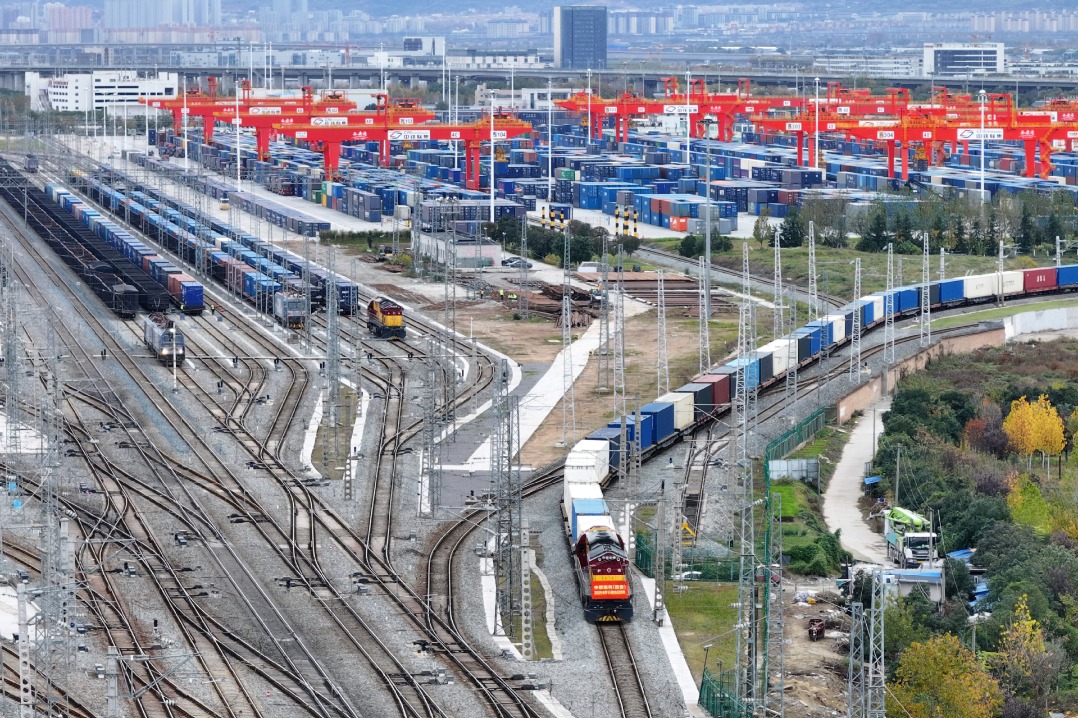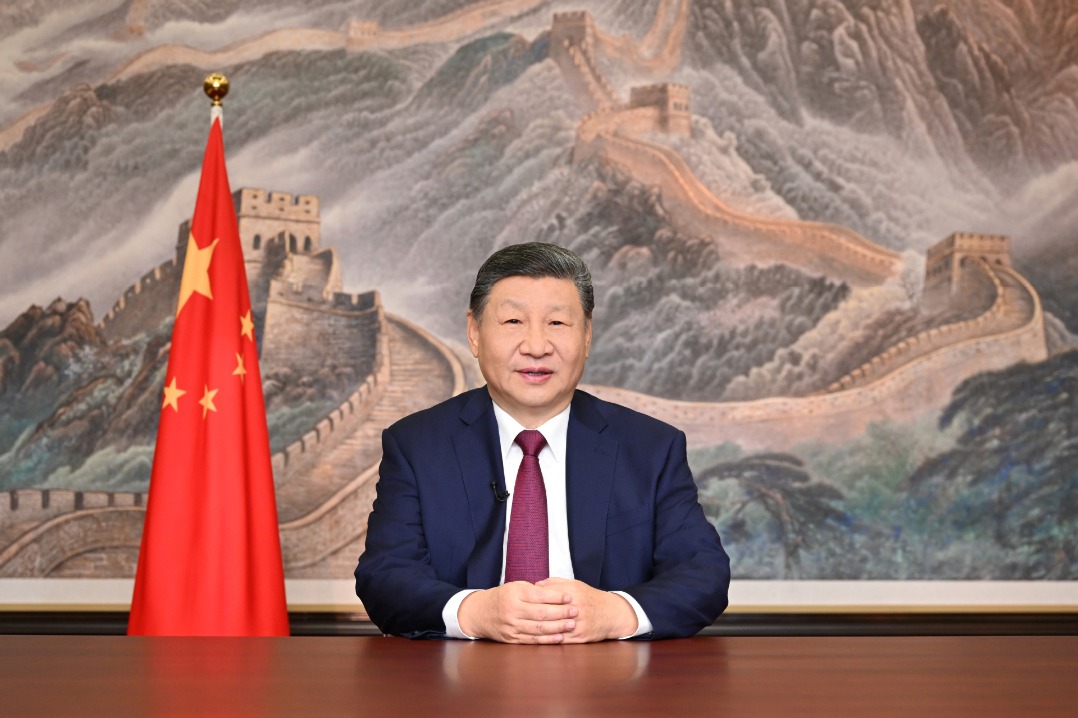Investment environment still sound

Hope of retaining preferential tax policies fueling complaints
Since 2009, many European and United States companies, business associations and media outlets have complained that the Chinese regulatory environment has grown worse.
The foreign business community said that operating conditions and politically motivated limitations have become more difficult in China since the global crisis. Most cite Google's tangle with the Chinese government as a high-profile example of heightening tensions.
From my point of view, China never said it has the perfect State business environment and it also has attached great importance to improve the investment environment, since China can no longer rely on cheap labor and preferential policies to attract foreign investment. China has been and is looking to attract investment on improving infrastructure and industrial facilities, public services and on attracting talent.
On April 6, 2010, the State Council issued what is known as No 9 Central Document, which is titled "Several Opinions on Further Improving the Work of Foreign Capital Utilization". It set guidelines on the development of China's foreign investment policies. By implementing this document as a way of improving China's investment landscape, multinational companies will be put on equal footing with their Chinese counterparts.
Even during the height of the financial crisis, China had experienced the smallest decline in foreign investments. Last year, transnational investment in the developing world fell by 35 percent. The decline in Brazil and India was 50 percent and 19 percent, respectively. Foreign direct investment in the United Kingdom went down by 93 percent. In the US and Japan, the figures dropped by 57 percent and 53 percent. The decline in China's FDI was only 2.6 percent.
Since last year, China has experienced a rapid growth in foreign capital: The use of foreign investment in 2010 was $106 billion (73.5 billion euros), an increase of 17.44 percent year-on-year. From January to March in 2011, the actual use of foreign investment is $303.4 billion, an increase of 29.42 percent year-on-year. If China really discriminates against foreign-funded enterprises in China, how is foreign investment in China still rising?
So why are there still so many complaints from foreign-invested companies? There are many reasons. Since China started to draft the No 9 Central Document, some investors have increasingly criticized China's business environment in the hope of putting pressure on China's top leaders. Some foreign investors want to maintain their preferential tax treatments but this expectation is clearly unrealistic.
Another important reason is that compared with companies from Japan and South Korea, companies from the United States and Europe usually demand a high investment environment and have always let the host country accommodate the companies' habits and rules. Recent complaints, to a certain extent, are a manifestation of this accurate.
According to the report "China's public procurement: EU companies to participate in public procurement contracts in China, the experience of bidding" that was launched by the European Union Chamber of Commerce in China in April, China's overall public procurement market could be worth over 7 trillion yuan (749 billion euros). But data from the Chinese official government procurement stated that it was only 700 billion yuan. We need to find out which figure is more appropriate.
Let us look at China's financial statistics: In 2009, the national fiscal revenue income was 6.9 trillion yuan while expenditures were 7.6 trillion yuan; in 2010, national revenue was 8.3 trillion yuan while expenditures were 9.0 trillion yuan. These figures exclude expenditures on staff salaries, education, health, culture and security, which were not included in government procurement areas. In the argument by the European Union Chamber of Commerce, the overall public procurement market could be worth over 7 trillion yuan, which means that the Chinese government's expenditures are all government procurements, which doesn't make any sense at all.
The author is a scholar with the Chinese Academy of International Trade and Economic Cooperation.
Today's Top News
- Ties with Russia expected to bear fruits
- Confidence, resolve mark China's New Year outlook
- Xi urges solid work for more progress
- Confidence, resolve mark China's New Year outlook: China Daily editorial
- Key quotes from President Xi's 2026 New Year Address
- Full text: Chinese President Xi Jinping's 2026 New Year message






























